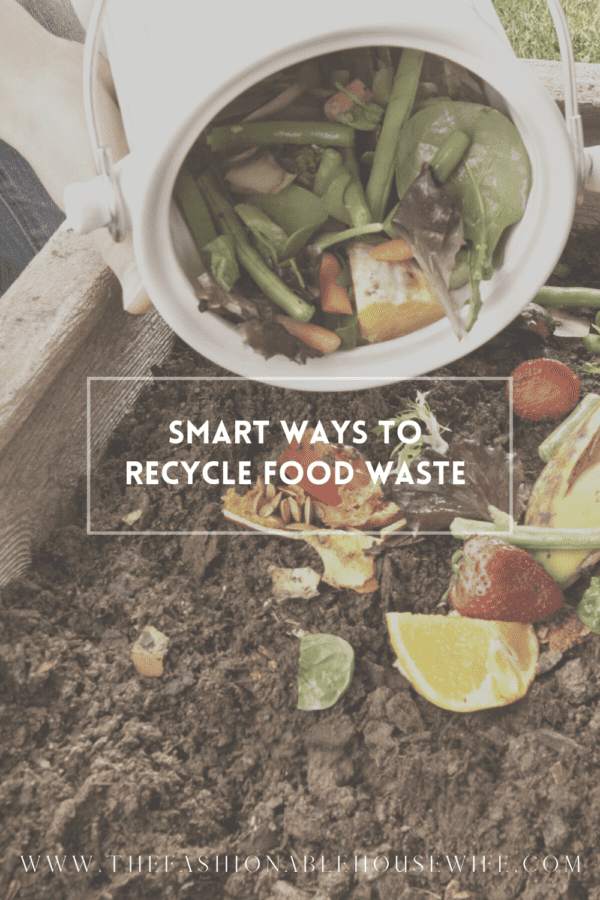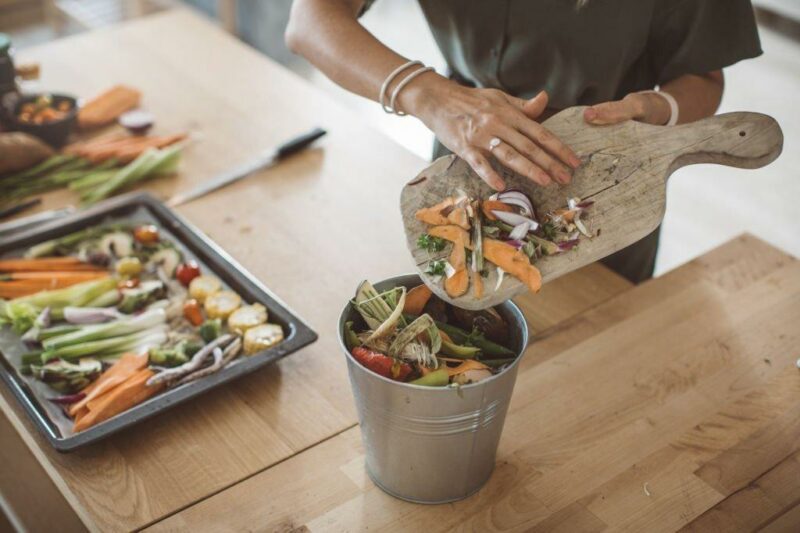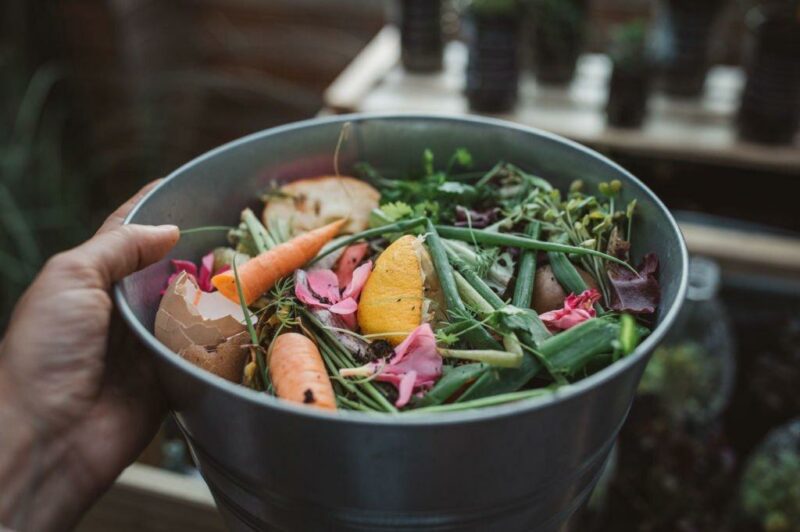
Food waste is biodegradable. So many people would see nothing wrong with putting it in the garbage and letting it decompose at the landfill. But according to the UN Food and Agriculture Organization, we waste nearly 1.3 billion tonnes of food globally each year. Yes, you heard that right, over a billion tonnes!
Another primary concern is methane emissions and their impact on global warming. Methane gas is a by-product of organic decomposition in an oxygen-free environment (landfill). Its effect on global warming as a greenhouse gas is 23 times more potent than carbon dioxide (GHG).?
The problem is that food waste contributes to about 30% of household garbage. And the annual global methane emissions from this waste are estimated at 70 million metric tonnes. Thus, we need to divert organic waste from landfills if we want to reduce (if not eliminate) landfill methane emissions. In this blog post, Pro Rubbish Removal www.prorubbishremovalbrisbane.com.au will talk about the smart ways to recycle food waste. Stay tuned for more helpful tips on living a greener lifestyle!
1. Start a compost

Composting is one of the most popular ways of recycling food waste, particularly at home. It’s undemanding and environmentally friendly. If you’re familiar with home composting, you know that vegetables, eggshells, coffee grounds, grains, and fruits are all compostable.?
The only thing you should avoid putting in your composting bin is meat, bones, dairy products, and fats. These animal food scraps will probably draw pests and harm your home. But you can still recycle them by using a composter fully enclosed with a locking lid.?
Other ways of recycling animal food scraps without attracting pests include vermicomposting or simply composting with worms. This method uses worms that speed up the decomposition process by consuming the food scraps so that there’s nothing to decay and create odours. The result is high-quality compost that you can use for your garden.?
2. Feed Animals with leftovers
Some of us don’t like having animals, particularly livestock in our homes. We usually see that as an extra chore to feed and care for them. It’s indeed not easy, and they also need extra space, which may not be available.?
But if it’s possible for you, spare a small space in your backyard and put up a shed to keep a pig. Or chickens or a couple of goats. You may be surprised at how much food you can recycle and, at the same time, make money when you resell the animals.?
Pigs, for example, can feed on almost all food waste from the kitchen. And that way, you won’t need to buy extra food for it or take food waste to the landfill. Your farm animals will thrive on these scraps.?
3. Contribute Food Waste to your Neighbour’s Compost Pile or Local Farmer
If rearing livestock or farming is a big no for you now, why don’t you contribute your food waste to your neighbour’s compost pile? You won’t lack a neighbour who is into farming and will appreciate having your leftovers as organic fertilizer for their garden. Ensure you don’t add fat, dairy products or meat since they can create pest issues for them.
Urban areas also have farmers who take their produce to the market. Approach and ask one if they would mind picking up your waste or if you can take it to their farm. They would probably appreciate it, and you can make your trash beneficial to someone else?– one man’s poison is another man’s treasure.? ?

4. Eat your leftovers
That doesn’t sound like a pleasing culinary experience for many of us. But eating your leftover foods can help reduce the amount you contribute to the landfill weekly. Besides, some foods will still be fresh and as tasty as new the following day.?
Alternatively, you can freeze the leftovers. It’s a great way of enjoying a quick and easy meal when you don’t feel like getting into the kitchen to cook. You’ll only need to heat it; a microwave will do the magic.?
5. Get creative with your food scraps
Just because you can’t consume it in a particular form doesn’t mean it must go into the bin. Get creative and recycle most of your food scraps in the kitchen.?
For example, use bones from meat to make your own broth at home. Store it in your freezer, and you can have it anytime you want – No more buying takeaway broth at the food store! Also, citrus peels like orange and lemon can make great flavouring water or marinades. Or you can add them to vinegar to make organic, eco-friendly cleaning products.?
Use those seeds and veggie scraps like lettuce, ginger, onions, and potatoes to regrow your own produce. Most of them can germinate when planted and grow into strong and healthy crops. Start doing that if you have a small garden in your backyard.?
Conclusion
It’s difficult not to waste food, but we can significantly decrease waste by practising the above tips. You don’t need to apply all of them; just pick one or a few that can work best for you and start recycling food that goes to waste at home. That way, you can save money and help make the world a better place.?



